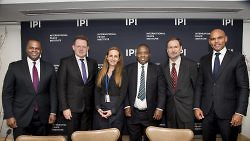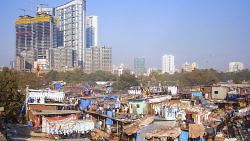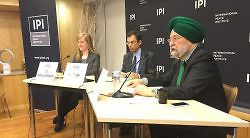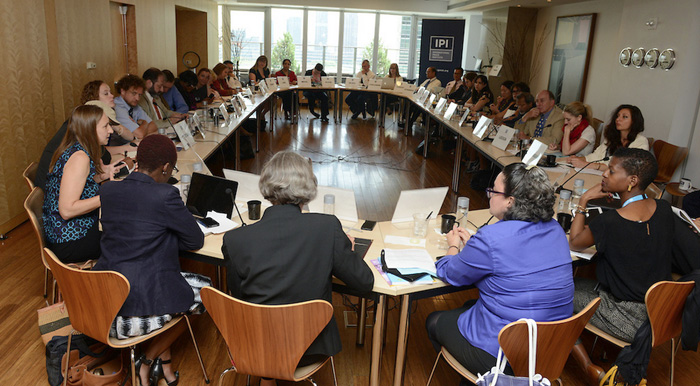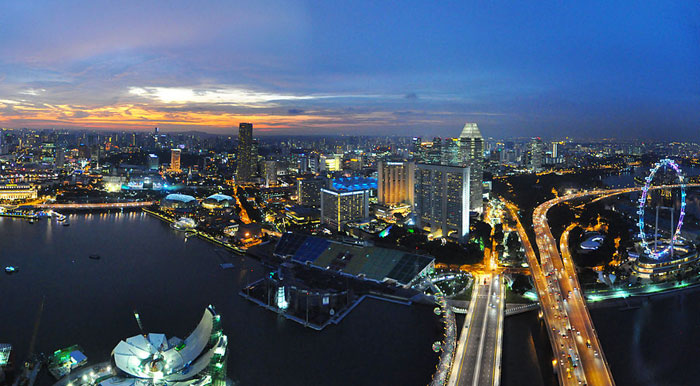
The number of international migrants has grown by 49% since 2000, according to United Nations statistics, and incoming migrants often move to cities, which house 54% of the world’s population. Multilateral deliberations on migration policy tend to focus on the national level, although it is municipal leadership that often bears the brunt of providing services […]
Read more